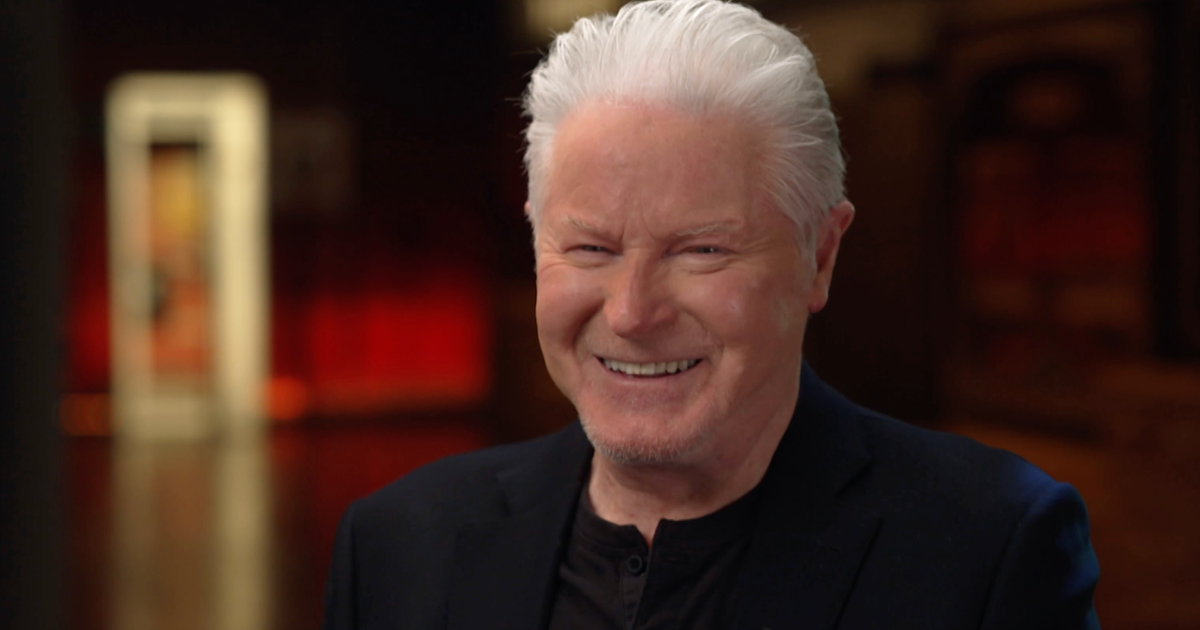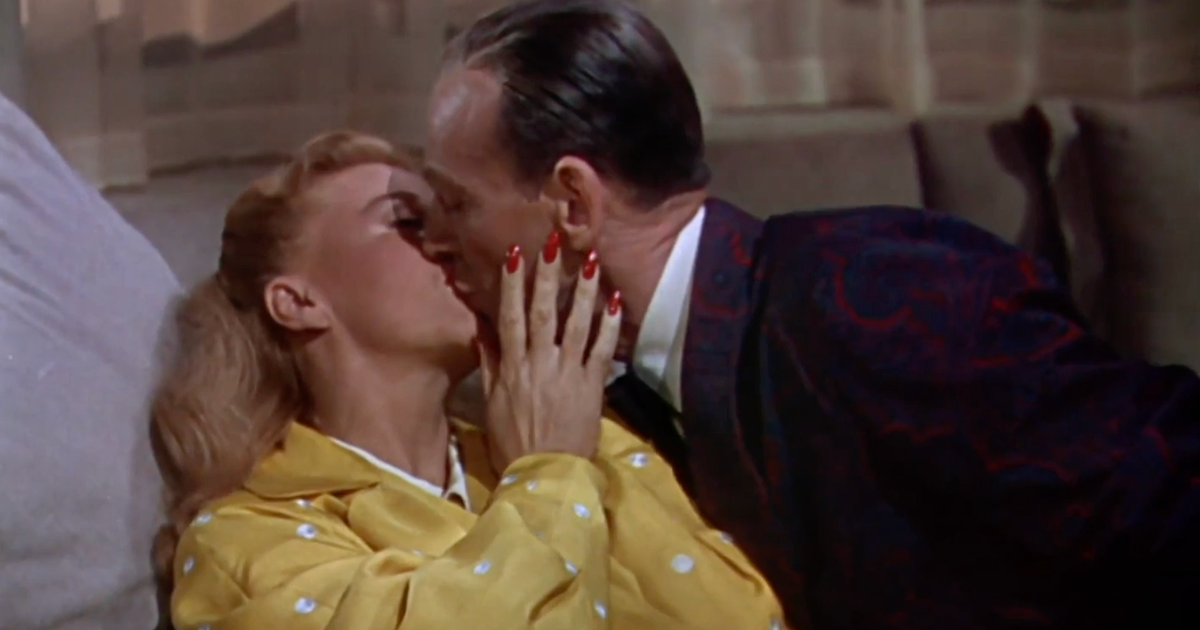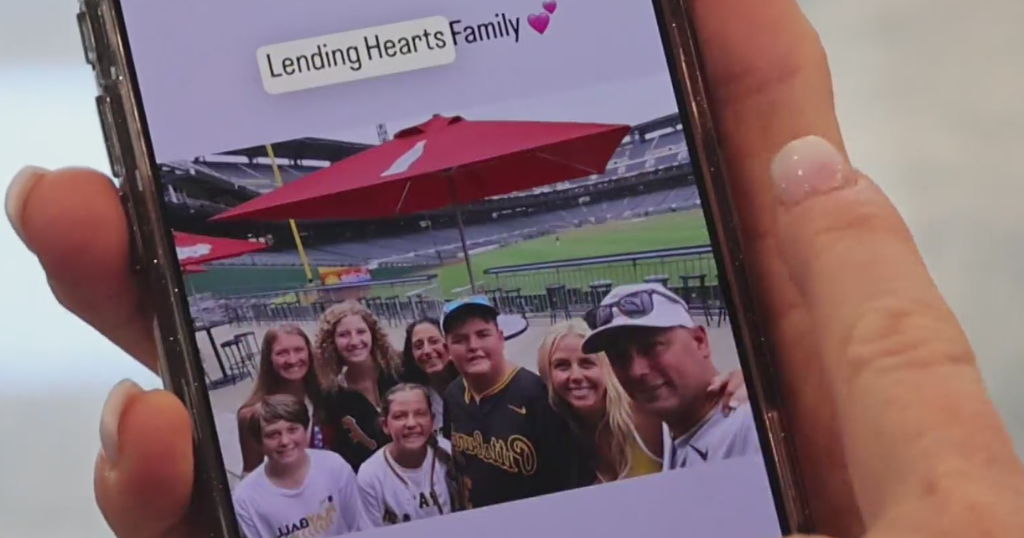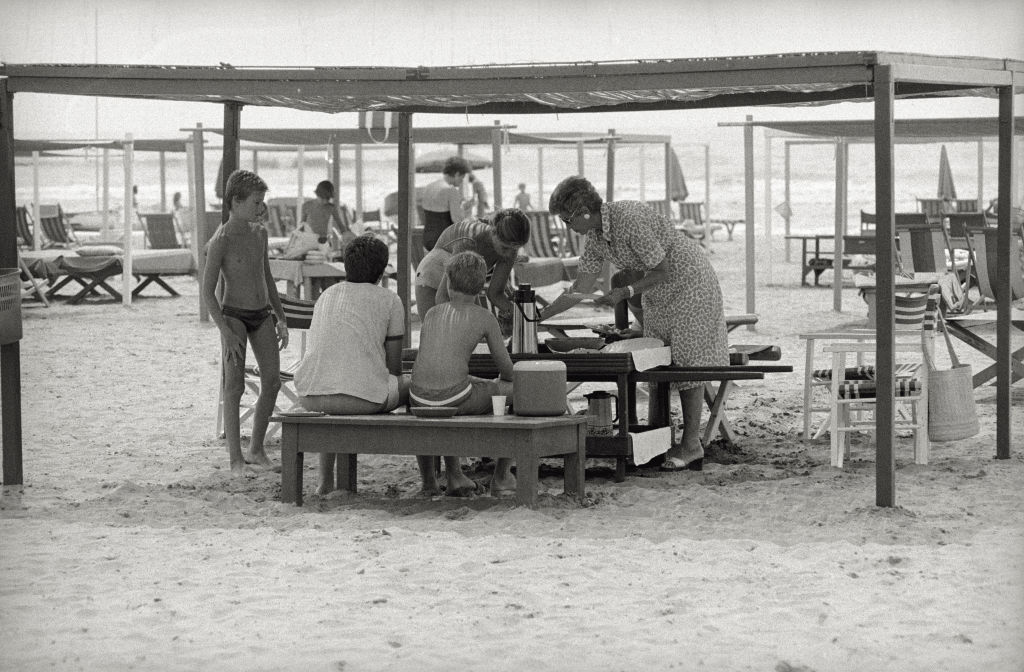Joan Baez: The good life
Joan Baez, first lady of the anti-war movement, is funny and a flirt. Who knew?
It seems, after much soul-searching, Joan has decided martyrdom is not for her.
"It's been a long, long road to be able to, number one, really enjoy myself on the stage and not feel I had to be delivering messages at the same time," says Baez. "And two, I think, sing more for the pleasure of singing."
Is Baez struggling to free herself from the burden of her '60s persona?
That's startling stuff for a generation of aging "Baby Boomers" who've managed to move on, but can only picture her the way she was then -- so young and earnest on record albums that played like the sound track for an era. Everybody knew by heart the songs she sang in her haunting soprano.
Her timing couldn't have been better. Baez got very famous, very fast, just as folk music became a phenomenon. The singer was on the cover of Time magazine at the age of 21. She had a famously stormy romance with Bob Dylan; for a critical moment, the perfect musical merger.
And then there was politics.
"I took probably, with me, maybe a little righteous sense of right and wrong into whatever the situation was and acted and did," says Baez.
First it was to help Dr. Martin Luther King in the South.
"He'd asked me to come to Grenada, Miss., because they were throwing rocks and bricks at little kids, and they were trying to integrate the schools, and he couldn't get there," remembers Baez. "So he wanted somebody, a public figure, there to get the press there. And then people would stop throwing rocks for a while."
It wasn't just that Joan Baez was for civil rights or against the war in Vietnam. The common denominator among her causes was non-violence, which got her into trouble regularly.
Baez says, "The image I have in my head is walking in Granada, walking around the center of the town, and there was a little white boy who looked up, and I thought he was smiling. And, I said, 'Hi.' And, he said, 'Nigger lover.' I was just stunned. And, I thought 'OK, I guess I don't get to be the popularity queen of the world.' I loved it when people were angry with me, because it meant I was doing my job."
Lots of people were infuriated when she spent Christmas in Hanoi in 1972, and came back describing what it was like living through massive American bombing raids.
Through it all, she seemed so defiant, so confident, even when she'd just spent 45 days in jail.
She even seemed unshakable when her husband, anti-war activist David Harris, went to jail for nearly two years and when the marriage broke up almost as soon as he got out. Today, Baez admits she was actually a wreck.
"I had been to therapists as far back as I can remember, to glue me together, to get me out on the next concert tour," she says. "Nobody knew it. Nobody saw my knees shake, you know, and nobody saw what happened backstage before, when I was a blob on the floor, not wanting get up and walk.
"Gandhi said, 'There's a still, small voice within.'' I would try to go somewhere there, with trees, and I would listen for that voice. I needed to be reminded that I was doing the right thing."
Behind a house in Woodside, Calif., where she's lived for more than 30 years, Baez has a tree house. It's not something that was her son's, but something she had built for herself a few years ago at age 63. Baez sleeps in it most nights.
It's almost as if Joan Baez is making up for lost time, because it wasn't until the Vietnam War was over, and fame had passed her by that she dared to get help and do battle with her demons.
"I was 48 years old and, I think, it's probably the same for a lot of people who all a sudden kind of think, 'I've had enough of this,'" she says. "But, it was work. And, it continued for a number of years. And lo and behold, the phobias began to dissipate. Panic attacks started to go away. The insomnia started to vanish and so it was kind of, like, miracles."
Baez's world is filled with things she loves -- her home, nature, her mother (who is 90 and lives with her daughter), her musical instrument and her 34-year-old son, Gabe.
Baez just became a grandmother, and she is content.
"I don't have a partner. I have family," she proclaims. "The work that I did to rid myself of the baggage … it was so wonderful to just be. I haven't thought in any terms beyond that, of trying to be with somebody else. If that happens, wonderful. If it doesn't, wonderful. Life has become really quite glorious."
And several times, she's put on a huge blond wig and performed with a circus – a huge departure from her early life.
Baez has gotten so mellow that she can even be philosophical about Bob Dylan.
"It's a wonderful thing to be linked forever with Bob Dylan," she says. "Now that I'm over whatever emotional stuff I had to leave behind, it's an honor … because he created the best music we had in the '60s."
Baez realized that what mattered to her most was the only thing she couldn't live without. So last fall, she released her first album in six years, "Dark Chords on a Big Guitar." The songs from the album are mostly written by people who were born after the '60s ended.
She's been on tour almost non-stop since the release of her album. Baez's concerts sell out across the country. And, she's happy to be living out of a bus.
Relaxed and phobia-free, night after night, Joan Baez would make her way to the stage, grateful to be there and singing for the fun of it.
"It's another home to walk out there," says Baez. "I feel sort of amazed that there's still people sitting there after this long."
And because they tend to be people old enough to remember the sound of her voice all those years ago, the new Joan Baez is willing to give way to the old Joan Baez just long enough to break their hearts.



